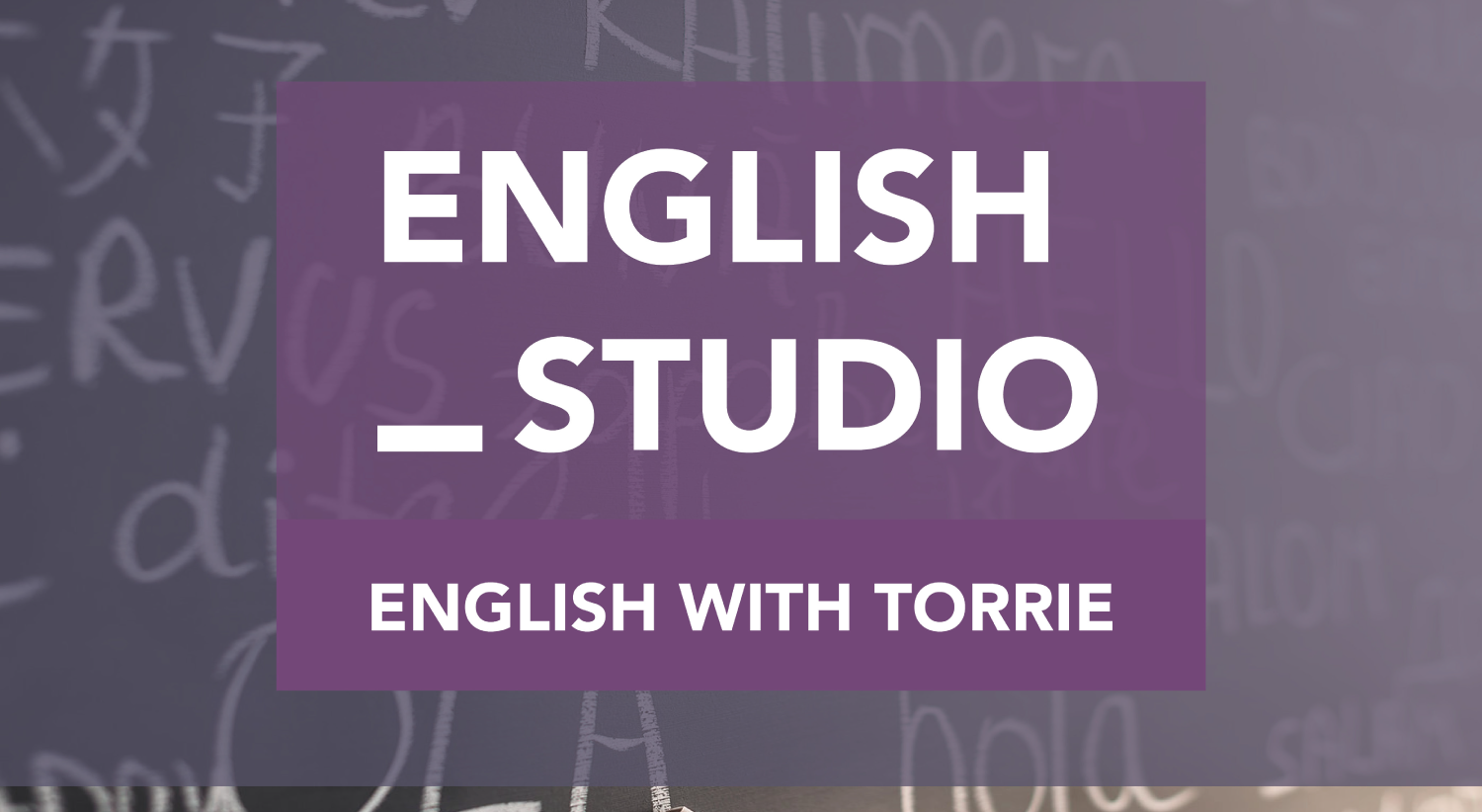
To become a flexible reader, you need to know how to select and use a reading style that is consistent with your purpose for reading. There are three important reading styles you should learn to use. Each has its own purpose. Knowing when and how to use these three reading styles will make you a flexible reader. Read to learn about the three reading styles used by flexible readers.
Study Reading is the reading style used by flexible readers when their purpose is to read difficult material at a high level of comprehension. When using the Study Reading style, you should read at a rate that is slower than your normal reading rate. Further, as you read you must challenge yourself to understand the material. Study Reading will often require you to read material more than once to achieve a high level of comprehension. Sometimes, reading the material aloud will also help you improve your comprehension.
Skimming is the reading style used by flexible readers when their purpose is to quickly obtain a general idea about the reading material. The Skimming style is most useful when you have to read a large amount of material in a short amount of time. When using the Skimming style, you should identify the main ideas in each paragraph and ignore the details in supportive sentences. Because you are looking only for the main idea in each paragraph you read, a lower level of comprehension is to be expected than when using the Study Reading style.
Scanning is the reading style used by flexible readers when their purpose is to quickly locate a specific piece of information within reading material. The piece of information to be located may be contained in a list of names, words, numbers, short statements, and sometimes even in a paragraph. Since you know exactly what you are looking for, move your eyes quickly over the reading material until you locate the specific piece of information you need to find.
Before you begin your next reading assignment, identify your purpose for reading. Decide if you are reading for a high level of comprehension, trying to get a general idea about what you are reading, or looking for specific information. Then use the reading style that is appropriate for your reading purpose.






